Martine Rose’s first gallery show celebrates the radical queer energy of Bronski Beat
Taking place at Sadie Coles HQ over London Fashion Week, ‘Everything Must Change’ centres on a 2016 short film by menswear designer Martine Rose and image-maker Sharna Osborne starring Bronski Beat frontman Jimmy Somerville
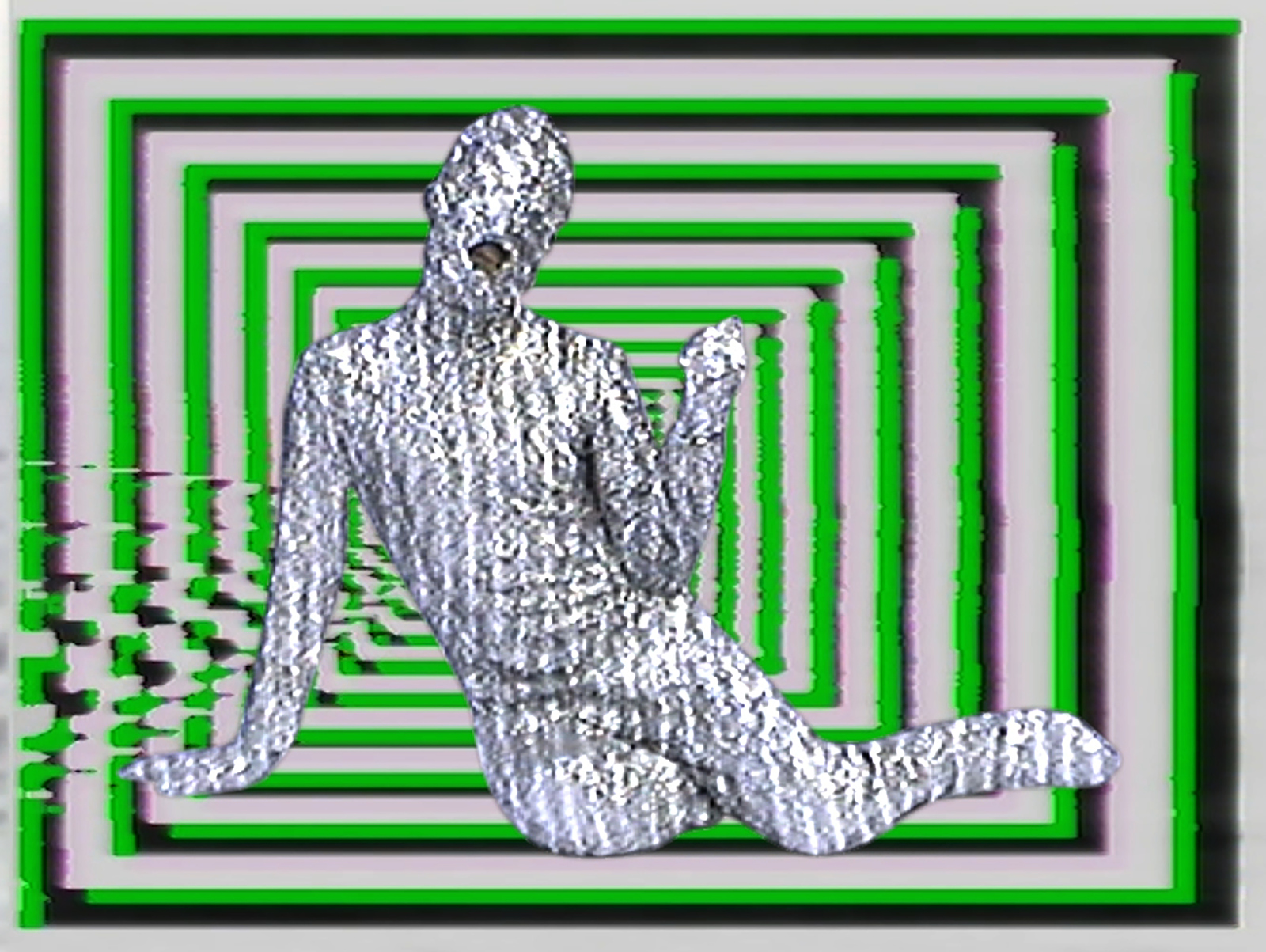
There’s a guy polishing his shoes, and another in his pants dancing on the street outside. For their first collaboration, Martine Rose and Sharna Osborne made a short film inspired by Robert Mapplethorpe and Mark E Smith: a colour-drenched erotica soundtracked by 70s band Smokey, released to premiere Rose’s A/W 2016 collection (at least one of the men is wearing the very recognisable ring top). ‘It’s definitely a favourite of mine,’ the celebrated menswear designer says today, reflecting on her work with Osborne. Introduced by a mutual friend, the photographer and filmmaker has since become a familiar presence across Rose’s brand, lending her distinctive lo-fi aesthetic to various multimedia projects.
Sometime in the months that followed that initial short, in 2016 the pair conceived of a more personal piece, this time inviting the iconic Bronski Beat frontman Jimmy Somerville to participate; nine years later, the resulting film, ‘Everything Must Change’, is on show at Sadie Coles HQ, presented as an installation at the gallery’s Davies Street location until 24 February 2025 (as such it coincides with the arrival of London Fashion Week in the city). A three-channel video that plays across a wall of mammoth-sized LED screens, it’s maybe unexpected how soothing – and wholly absorbing – the experience is to enter the white box space and pull up a child-sized plastic chair from the stacked pile. Which is kind of the point.
Everything Must Change: A film by Martine Rose and Sharna Osborne at Sadie Coles HQ
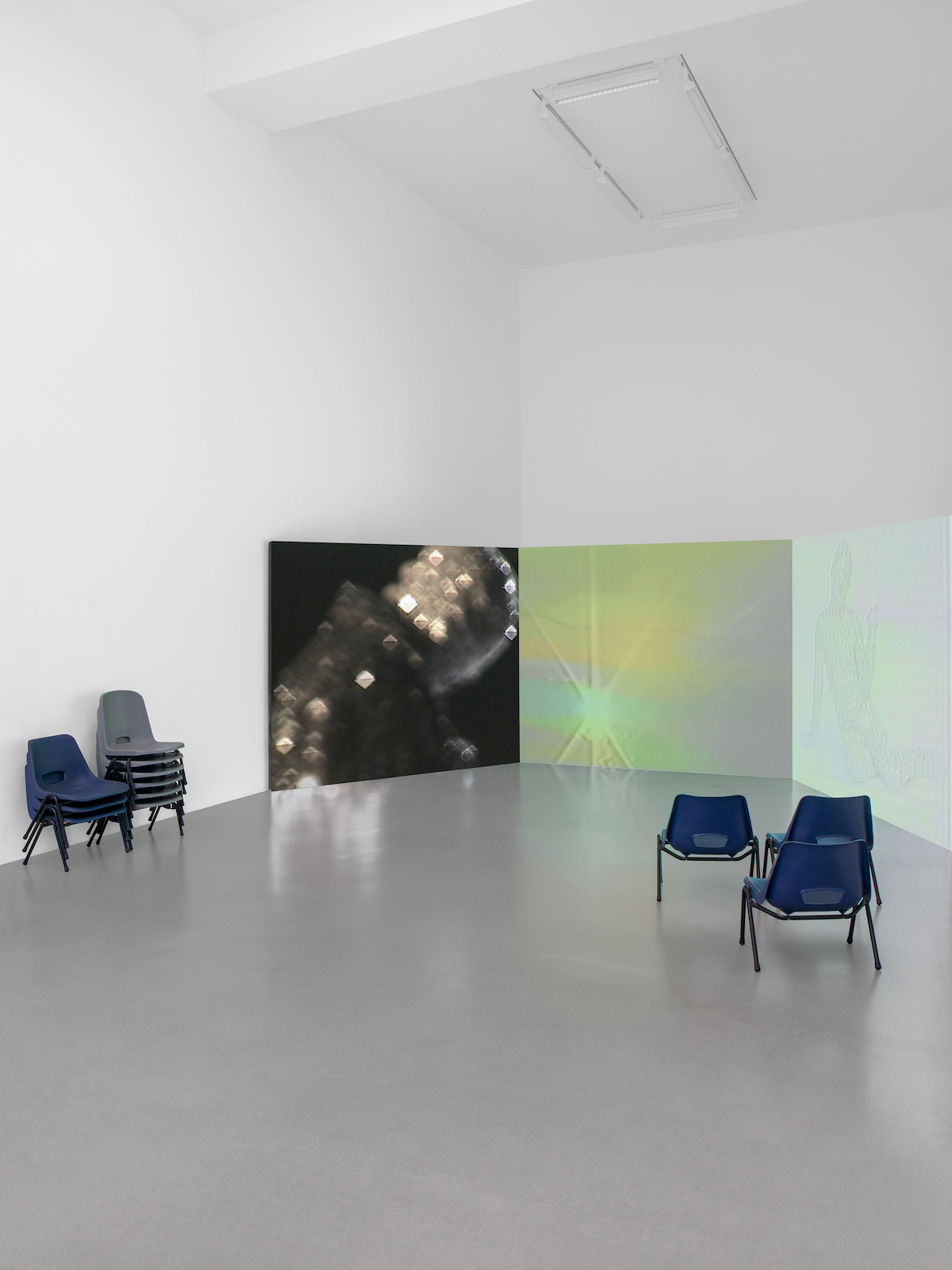
’Everything Must Change’, A film by Martine Rose and Sharna Osborne [Installation View]
Produced in Osborne’s VHS-coded style, a fuzzy mix of colours stream across the monitors, from glaring Demon Headmaster green and white stripes, to softer, homely tones, and spotlight black. There’s another man, standing on a plinth outfitted in that familiar Rose silhouette of oversized trousers and zip-up sports top, as well as starlings, pieces of fruit, and a casual domestic set-up. And then there’s Somerville, dressed in a sparkling full-body suit, his rendition of ‘Everything Must Change’, originally performed by Bernard Ighner on Quincy Jones’s 1974 album ‘Body Heat’ (and recorded by Nina Simone in 1978), floating from the speakers.
‘I went to see Men in Motion at Sadler’s Wells, which was a series of short ballets, celebrating men in dance,’ offers Rose, by way of explanation for the phenomenal sequin look. ‘There was one dancer wearing a sequined suit under a spotlight, dancing to “Sinnerman” by Nina Simone. It was incredibly moving; the combination was amazing.’
Below, she tells Wallpaper* how ‘Everything Must Change’ happened.
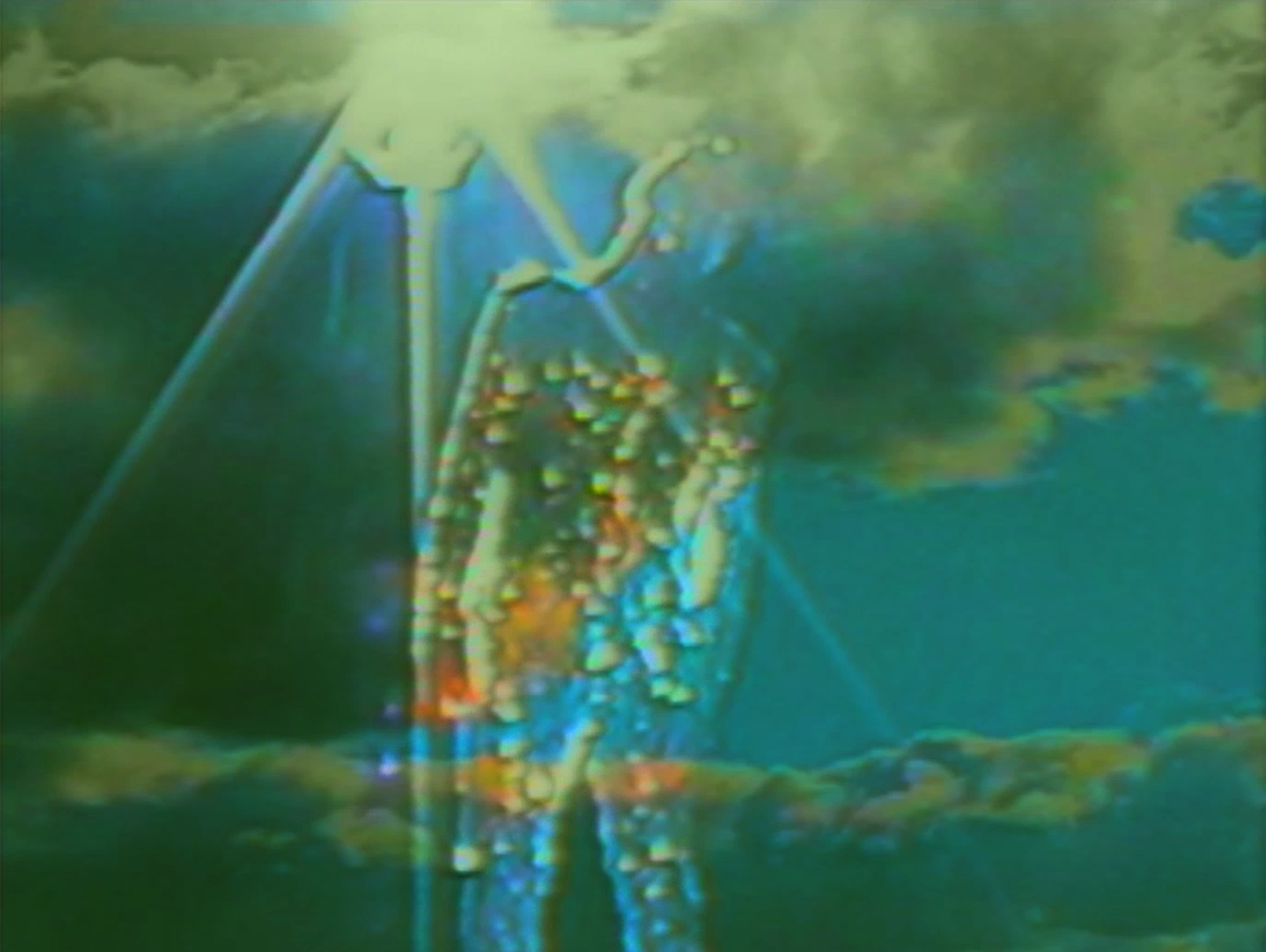
’Everything Must Change’, A film by Martine Rose and Sharna Osborne [Video Still]
Wallpaper*: How did this project initially come about?
Martine Rose: After seeing The Infinite Mix at the Hayward Gallery, we were really inspired to make a film that made you feel something. I knew the easiest way was through music and it sort of just came to me: Jimmy Somerville’s voice. It was a mission to use our networks to get in touch with him, but we met for a coffee in Soho and it started from there. I still can’t believe he agreed to do it.
Wallpaper* Newsletter
Receive our daily digest of inspiration, escapism and design stories from around the world direct to your inbox.
W*: Can you recall your introduction to Somerville and his work?
MR: Jimmy Somerville is a British icon; I’ve grown up with his music. Pop charts at the time I was introduced to Jimmy Somerville’s voice were dominated by gay musicians: Erasure, Bronski Beat, Marc Almond. Mainstream pop by out and proud gay men making serious, respected pop music – not tokenistic – which can never be replicated. It was a radical time for music, all about individuality, no stylists, all genuine expression. Who the group is comes before the music now, which is not how it was back then.
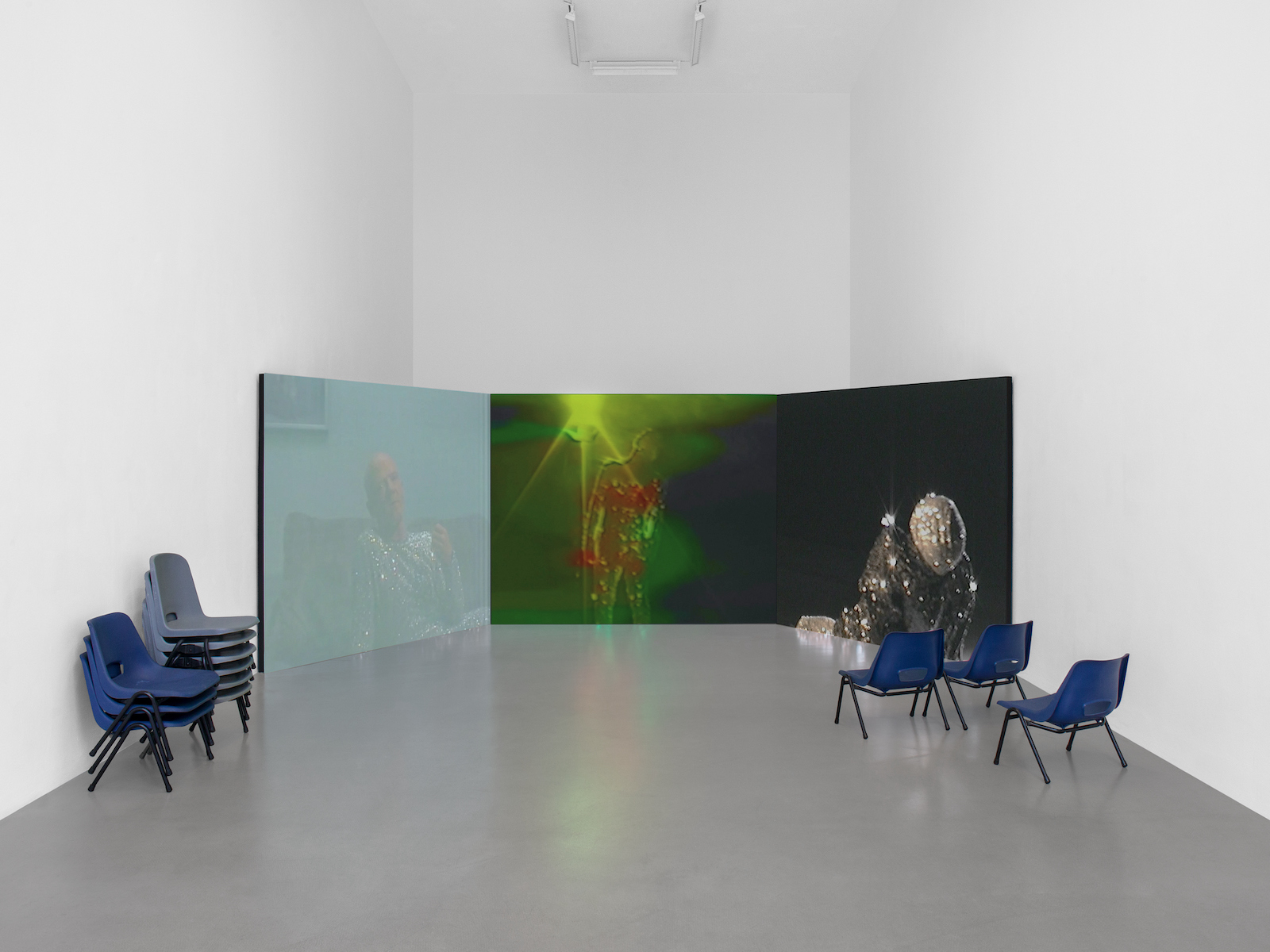
’Everything Must Change’, A film by Martine Rose and Sharna Osborne [Installation View]
W*: And what was it like, collaborating with him on this project?
MR: There was no resistance to anything, it felt really normal and natural. Looking back, I can’t believe he trusted us so much, having no reason to do so. We didn’t have any backstory of film or working with musicians at that point, and created with a very low budget. There was a vague promise of something at the end, but it was for the art of it. They say you should never meet your heroes, but on this occasion, I’d have to disagree.
W*: Do you remember the first time you heard ‘Everything Must Change’?
MR: Jimmy really led on the choice of song and the rearranging of it. We discussed Nina Simone, we are both big fans, and it felt right. I had never heard the song before Jimmy suggested it, but we were all struck by how much he committed to the project; blown away with the seriousness and attention to detail he showed. The sound was beautiful, beyond our wildest dreams.
W*: This is the first time you’ve worked with a gallery in this capacity. What has it meant to you, bringing your practice into this space?
MR: It’s an unbelievable privilege to be able to work on what felt like a personal project, and then almost a decade later for it to be taken seriously by such a credible gallery like Sadie Coles.
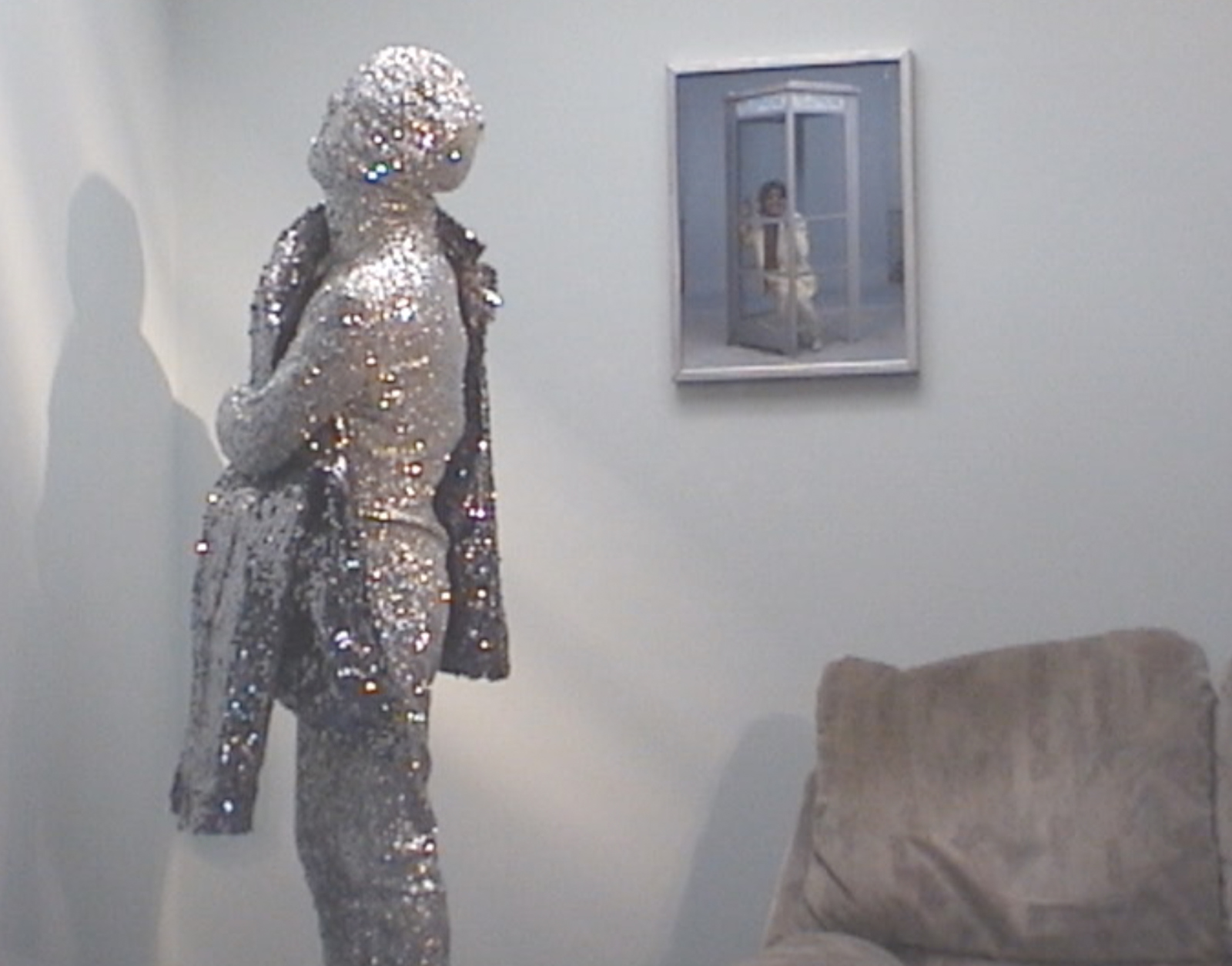
’Everything Must Change’, A film by Martine Rose and Sharna Osborne [Video Still]
W*: You’ve previously referenced, in the press notes that accompany the show, this idea of an emotional surprise, as a response to hearing music in an unfamiliar context. Can you speak on how this manifests in your own life, and how, or if, this project has reshaped your perspective?
MR: Generally, a gallery space encourages some sort of introspection, some sort of consideration, a pause. It requires a certain amount of concentration, that is almost a momentary break from reality, allowing people to dream for a moment. Bringing music into a space is an easy gateway to break from reality. To contemplate. It allows me to dream. My perspective hasn’t changed, it’s just been reinforced. Contemporary culture forces us to see everything through lenses or screens. I hope this is an enveloping feeling that invites you into something real.
Everything Must Change: A film by Martine Rose and Sharna Osborne runs until 24 February 2025 at Sadie Coles HQ, Davies Street, London.
Zoe Whitfield is a London-based writer whose work spans contemporary culture, fashion, art and photography. She has written extensively for international titles including Interview, AnOther, i-D, Dazed and CNN Style, among others.
-
 Put these emerging artists on your radar
Put these emerging artists on your radarThis crop of six new talents is poised to shake up the art world. Get to know them now
By Tianna Williams
-
 Dining at Pyrá feels like a Mediterranean kiss on both cheeks
Dining at Pyrá feels like a Mediterranean kiss on both cheeksDesigned by House of Dré, this Lonsdale Road addition dishes up an enticing fusion of Greek and Spanish cooking
By Sofia de la Cruz
-
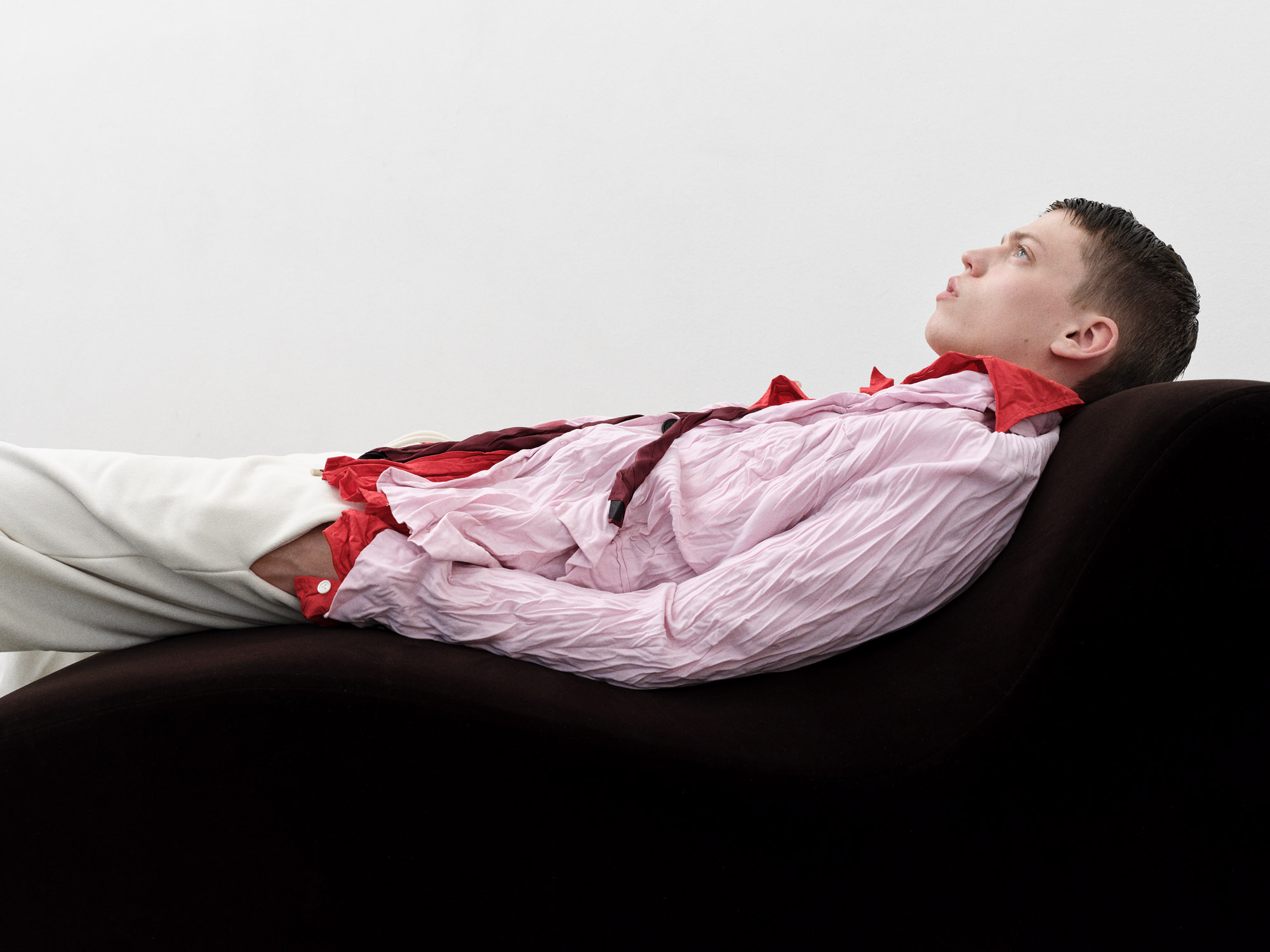 Creased, crumpled: S/S 2025 menswear is about clothes that have ‘lived a life’
Creased, crumpled: S/S 2025 menswear is about clothes that have ‘lived a life’The S/S 2025 menswear collections see designers embrace the creased and the crumpled, conjuring a mood of laidback languor that ran through the season – captured here by photographer Steve Harnacke and stylist Nicola Neri for Wallpaper*
By Jack Moss